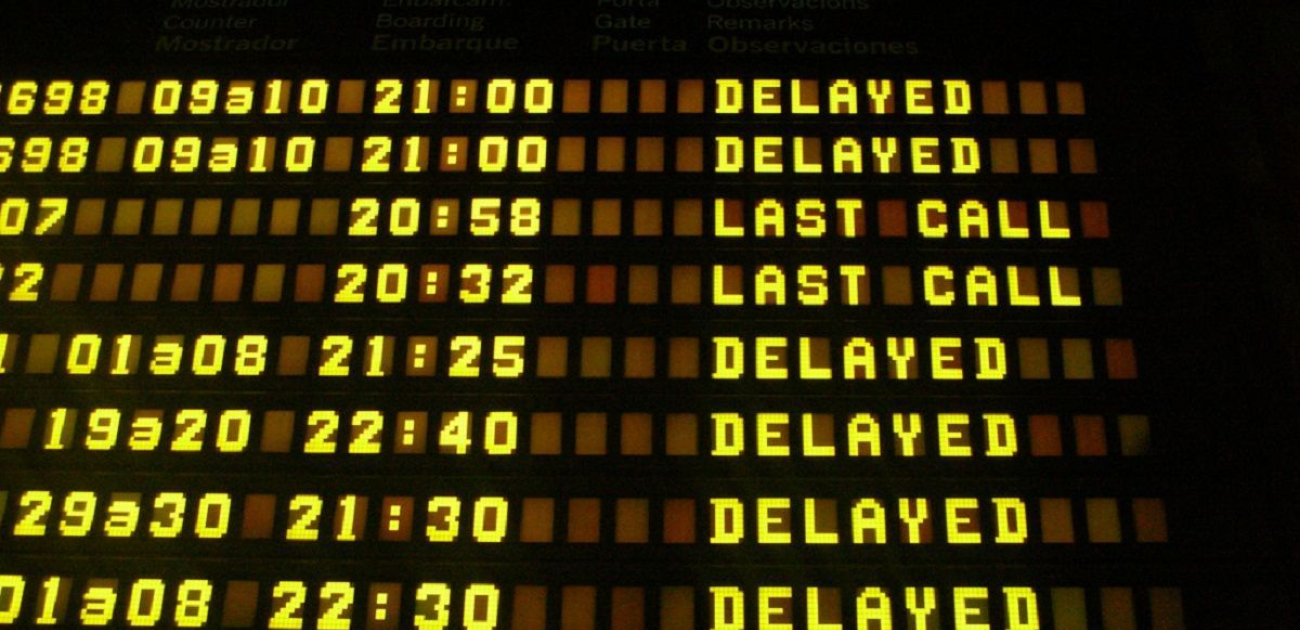Voluntary Disclosure 2.0: Last Call for Latecomers!
The Italian Voluntary Disclosure (also named VD or Collaborazione Volontaria) is a temporary fiscal Institution that allows those who illegally hold assets in Italy or abroad (cash, investments, real estate, boats, precious and so on) to regularize any lawlessness. In other words, VD enables collaborative taxpayers interested to emerge from illegality to confess – spontaneously – to the Italian Internal Revenue Service (Agenzia delle Entrate) their own lacks regarding both tax legislation and anti-money laundering rules.
VD 2.0 is namely the new, and probably the last, edition of VD 1.0 Which has involved in taxpayers and legal tax firms over 2015. Voluntary Disclosure (VD 2.0) has therefore been re-introduced last October by decree (Law Decree 193/2016). Even though VD 2.0 seemingly appears to be the simply reboot of VD 1.0, it actually arises peculiarities which implicate some relevant practical differences in respect to the previous edition.
Generally the Voluntary Disclosure 2.0 can be successfully used only by those taxpayers who did not promptly seize the first chance given by the “first call” (VD 1.0) in 2015. Stated that, the access to the VD 2.0 is not precluded to all those who already adopted the VD 1.0 in order to regularize foreign investment and now, in 2017, wish to legalize hidden domestic assets too.
The VD 2.0 concerns any fiscal and anti-money laundering lawlessness committed by the end of September 2016. Taxpayers interested to catch the opportunity offered by VD 2.0 must apply a specific form to the Italian Internal Revenue Service (Agenzia delle Entrate) by July, 31st 2017. Any applicant must also file a detailed and complete report (according to a draft duly approved) in order to provide IRS with any explication and figure concerning the “disclosure assets” (origin, evolution, profits, losses, people involved and so on).
The access to Voluntary Disclosure 2.0 (as well to the past VD 1.0) is strictly banned to all those who are subjected to tax auditing/assessment. The request cannot be filed in any time and in any case when a tax auditing/ assessment is in progress or has been already carried out and notified to the taxpayer by the Italian IRS with reference to the same fiscal years covered by VD.
Coming to an end, as a matter of fact, the first and most relevant difference between 1.0 and 2.0 is that the VD 2.0 obliges or forces any applicant to assess and liquidate their own taxes, any related interest and all penalties. This is not compulsory but strongly induced by the law: Taxpayers who “spontaneously” decide to deal with assessment and liquidation are delighted with a moderate benefit on the amount due to IRS but, at the same time, further sanctioned in case of assessed mistakes. On the other hand, applicants who decide to let IRS rules this final aspect will be burden with extra burden.
Our legal and tax firm, thanks to the experience accrued on the matter over last years is at your complete disposal in order to take care of your personal needs with skilled legal and tax experts. So do not hesitate to contact us, we are ready to listen and ponder confidentially your case aimed to find jointly your own best solution.
Do you want more information?
 Stefano Lecchi
Stefano LecchiStefano Lecchi, is specialized in tax litigation, extraordinary taxation and to groups of Insurance; he is engaged as associate and team leader for more than ten years.
